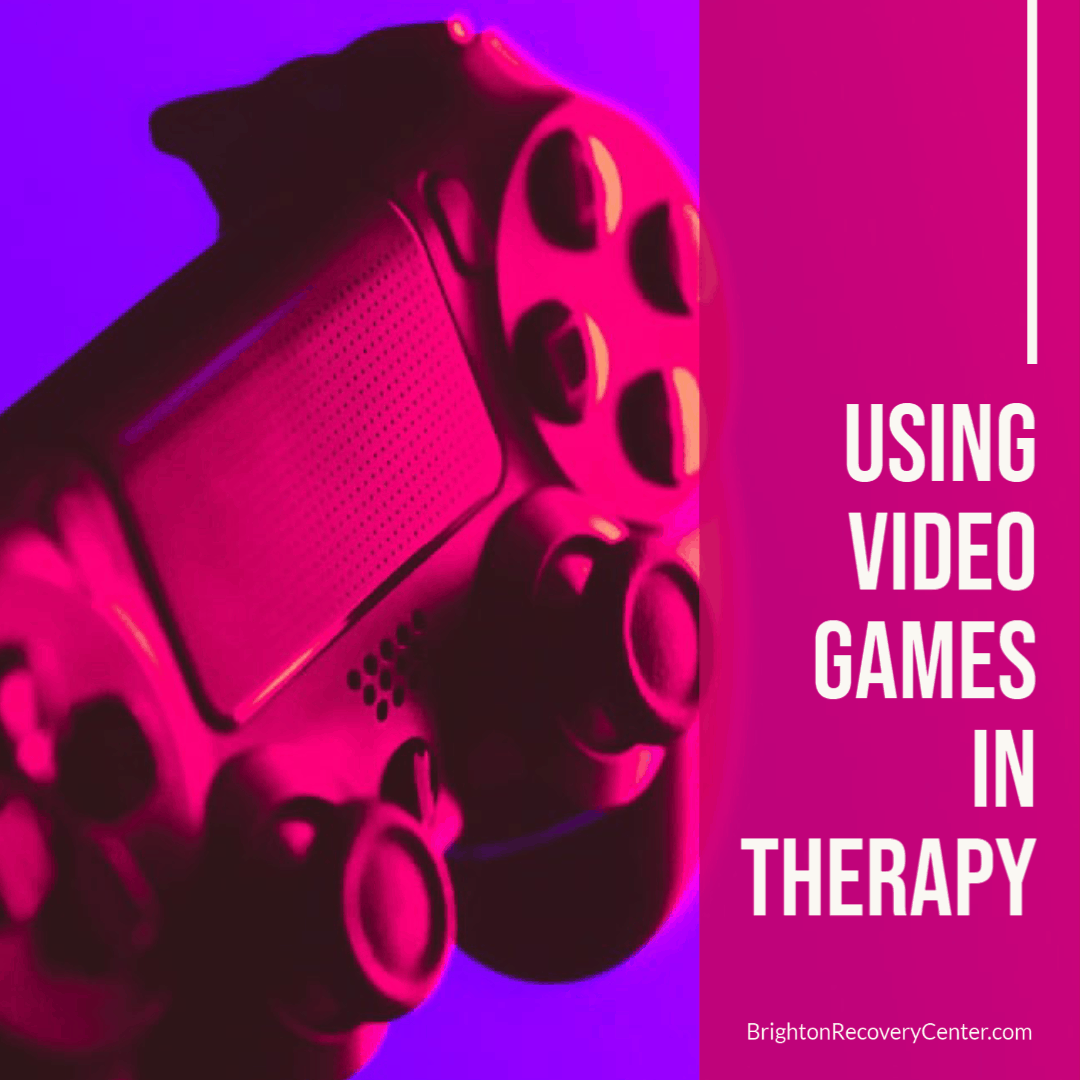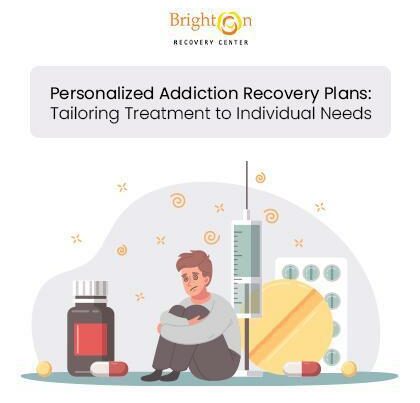Be Part of the Story: Using Video Games in a Therapeutic Lens

Video games are a common entertainment product. They provide a unique, interactive experience that easily lends itself to escapism. While gaining mainstream appeal rapidly over recent years, video games are still considered very much an entertainment product. While this is certainly true, they have a use for people suffering from anxiety, depression, and other mental health disorders.
As video games have become more and more widely accepted, the library of available titles has expanded as well. Developers have had the opportunity to tackle different genres and methods of interactive storytelling, ranging from story-light to high action gameplay, through experiences available in Doom. Other games, such as Hellblade: Senua’s Sacrifice or Gris, are dedicated to depicting and addressing mental illness.
There Needs to Be a Purpose
While video games have the potential to be very helpful to people suffering from anxiety or depression, that doesn’t mean that every game will do the trick. Specific titles and stories need to be approached deliberately with a therapeutic mindset. Some research may be required before embarking on a certain title, and it is important to have goals in mind for the game that you are going to play. Looking at a game through a therapeutic lens involves ingesting the characters and plotlines and bringing the actions of both the characters and players into the real world.
Having an idea of what emotions need to be addressed can inform the choice of game that you can experience. If you are suffering from anxiety, you may not benefit from a horror title, such as Silent Hill 2. However, that same game takes players on a journey through guilt and redemption that someone suffering from guilt or trauma may benefit from.
There Are Many Experiences Awaiting
The expansive library of available experiences means that there is something for just about any situation. While long narrative games can help you place yourself into the shoes of the main character for a character study, other games can take a different, more meditative approach. By providing soothing visuals and sounds coupled with simple, rewarding gameplay, games like Flight or Journey can provide a meditative experience for its players. Puzzle games are also available for instilling players with unique problem-solving skills that they can use in their real lives. Games such as these can teach players how to think in new ways and help them practice overcoming problems.
Being a Part of the Process
Video games are a unique medium, regarding the way players interact with them. Opposed to other forms of media—such as movies or television shows—video game players are an integral part of their own story. They can control the outcome with their decisions and problem-solving skills. Some games even present different endings depending on the choices the player makes throughout the course of the title. Seeing this process in action is what makes using a video game a wholly personal experience.
Players can implant themselves onto other characters in the game and use that opportunity to live out different emotions or situations vicariously through an avatar. They can then introspectively acknowledge their own feelings and the results of their actions in the game. While talking about implementing strategies is important in addressing a myriad of mental health issues, being an integral part of the process leaves a powerful, lasting impact.
Bringing the Skills Back Out
Learning to play a certain game well isn’t the goal of using video games as a therapeutic tool. The purpose is to be able to experience and express different emotions in a safe space. Playing video games can allow you to relax if you are feeling anxious or having urges to use drugs or alcohol. Different titles can help you work through your own life experiences through the lens of your character. Many games deal with guilt and sorrow through narrative experiences that can make the situations feel personal. Playing a video game can be an outlet for emotional expression as well as a tool to gain the introspective skills necessary to analyze yourself and your thoughts.
Video games provide a safe environment for you to engage with different methods of therapy. Being able to connect with something, such as a character in a game, is an important part of the process of regaining self-expression. While video games are certainly entertaining, they are also a different way of approaching difficult topics and issues. They allow you to play out your feelings and emotions, while you experience the results and develop new skills. As video games become more mainstream in common culture, consider how you can use them in your own process of recovery.
If you or a loved one are struggling with anxiety, depression, addiction, or any co-occurring disorders, contact Brighton Recovery Center today. Using a large, six-building campus, Brighton creates a sense of community between all of its patients and professionals. Providing ample space for each person to express themselves alongside like-minded people, and championing the unique stories of each individual, Brighton is a place where everyone can experience their own methods of recovery. Each person’s story is different, and there are multiple programs available depending on your own needs, ranging from individual and group to family therapy plans. For more information on how Brighton Recovery Center can help you on your unique journey, or to talk to one of their professionals about the various options available to you, call (844) 479-7035.



